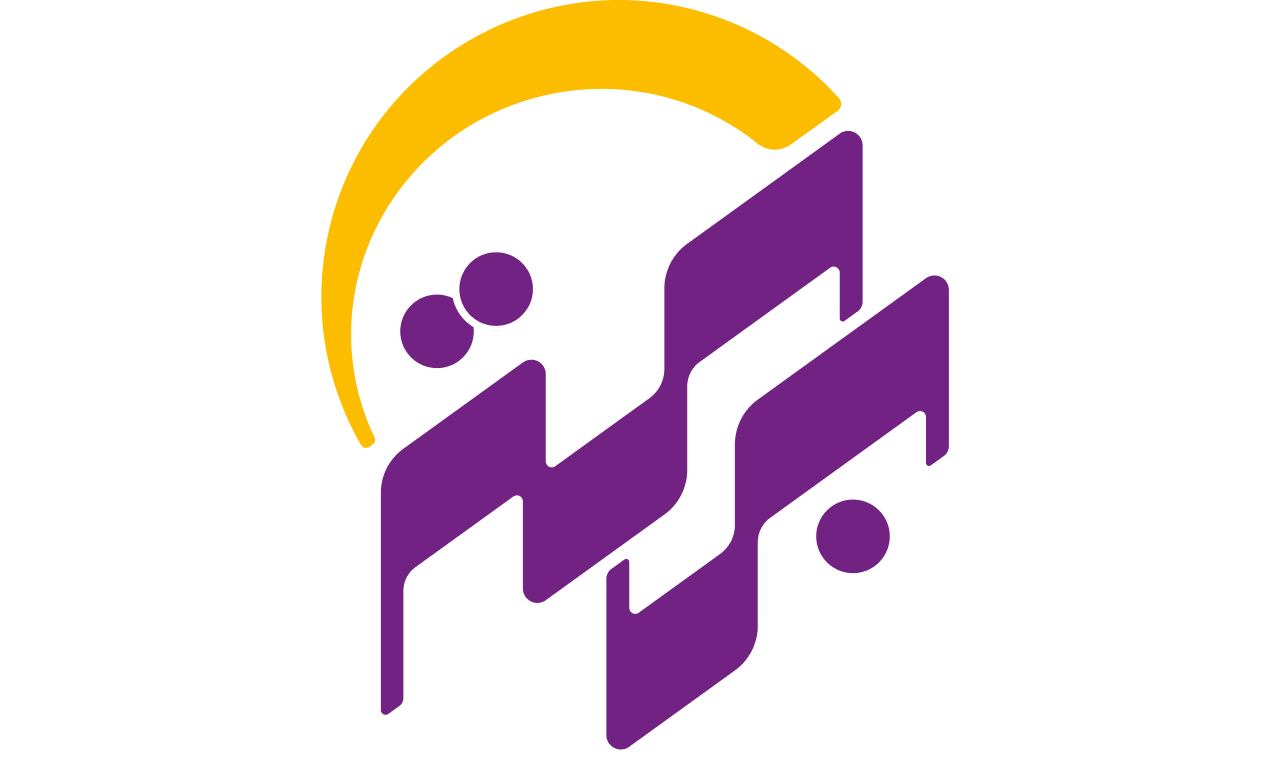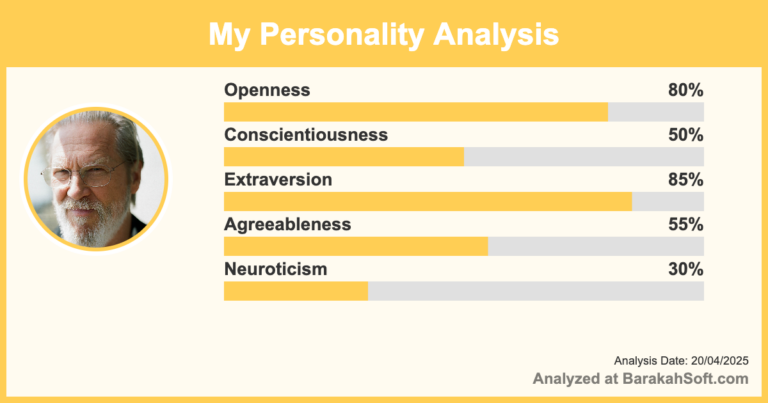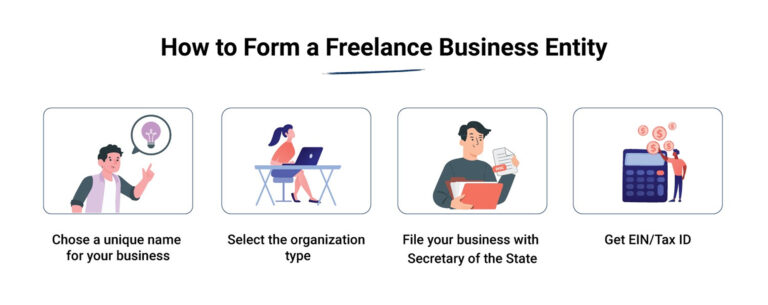If you’re freelancing, running a small online business, or working as a remote developer, there’s a good chance you’re paying more in taxes than you need to. Not because you’re doing anything wrong—but because you’re missing legal strategies most solo operators aren’t taught.
This guide breaks down how to legally reduce your tax bill as a remote developer or solo business owner, with tips that apply in many countries and can be tailored to your specific situation.
Why Most Remote Workers Overpay in Taxes
Most remote developers treat themselves like employees—even when they run their own business. That means they:
-
Don’t track or deduct expenses properly
-
Don’t set up a business entity
-
Don’t optimize for international tax rules
-
Miss key legal deductions
If you’re earning $40K–$150K+ as a solo dev, saving just 10–20% in taxes is a big deal. That’s $4K–$30K back in your pocket.
Important disclaimer: This is not legal or tax advice. Always consult a professional in your country. But use this as a cheat sheet to know what questions to ask.
1. Deduct Everything That’s Legitimately Business Related
Most remote devs and freelancers miss thousands in deductions each year simply because they don’t track expenses. You’re allowed to subtract any cost that’s necessary and ordinary to run your business.
What to track:
-
Software subscriptions (e.g. GitHub, Figma, VS Code extensions)
-
Equipment (laptop, monitor, mouse, router, webcam)
-
Home office (a portion of rent, utilities, internet)
-
Online courses or certification fees
-
Travel (if it’s related to client meetings or conferences)
-
Bank and payment processing fees
-
Accounting or legal support
-
Workspace memberships (like co-working spaces)
Pro tip: Use a tool like QuickBooks, Xero, or Wave to automate expense tracking. It makes tax time easier—and protects you in case of an audit.
2. Separate Personal and Business Finances
If you’re mixing business income and expenses with your personal accounts, you’re not just creating a tax headache—you’re risking your legal protection too.
Fix it:
-
Open a separate business bank account
-
Use a dedicated credit or debit card for business purchases
-
Always invoice through a system that logs payments clearly
This builds a clean paper trail—and helps you qualify for more deductions.
3. Consider Forming a Business Entity
In many countries, working as a sole proprietor means you’re taxed on everything as personal income. But if you register as a limited company (LLC, Ltd, etc.), you may get better tax treatment.
Benefits of forming an entity:
-
You can separate income into salary + business profits
-
You may qualify for lower tax brackets on retained earnings
-
You can deduct more expenses, including insurance, health costs, and retirement contributions
For example, in the U.S., switching from a sole prop to an LLC taxed as an S-Corp can reduce self-employment taxes significantly—sometimes saving $5K–$15K per year.
Outside the U.S.? Look into similar setups in your country, or legal-friendly countries like Estonia (e-Residency), UAE, Singapore, or Portugal.
4. Use Retirement Contributions to Lower Taxable Income
If you’re earning consistently, you can legally reduce your tax bill by contributing to a retirement plan that defers taxes.
Options by region:
-
U.S.: Solo 401(k), SEP IRA — both allow large pre-tax contributions
-
UK: Self-invested personal pensions (SIPPs)
-
EU countries: Pension savings accounts depending on country rules
-
Global nomads: Consider international retirement funds or tax-deferred savings structures in your base country
Talk to a financial advisor familiar with digital businesses. You could be leaving thousands untapped.
5. Use Per-Diem and Travel Allowances if You Move Around
If you’re a digital nomad or frequently traveling for work, you might be able to deduct:
-
Per diem allowances (daily rates for food/lodging)
-
Flights, trains, and taxis
-
Short-term rentals while working abroad
-
Visa fees and travel insurance
Make sure the travel is business-related (meeting clients, doing work, attending events). Keep receipts and proof of purpose.
Some countries (like Germany, Canada, and the U.S.) have official per diem rates that simplify deductions—check your tax authority’s site.
6. Choose a Tax-Friendly Residency If You’re Location Independent
If you’re a remote-first business and not tied to one country, you may be able to reduce taxes by changing your tax residency.
Countries with low/no personal income tax:
-
UAE
-
Paraguay
-
Panama
-
Georgia
-
Portugal (non-habitual resident program)
These setups require planning, but for full-time nomads or international entrepreneurs, they can legally reduce your tax burden to near zero.
7. Don’t Wait Until Year-End to Think About Taxes
The best tax-saving strategies happen before the year ends—not after.
To stay ahead:
-
Set aside 25–30% of your income for tax as you go
-
Track income and expenses monthly
-
Review your finances quarterly with an accountant
-
Set reminders for tax deadlines and estimated payments
Good planning = more deductions, less stress, and fewer surprises.
Final Word
If you’re a remote developer, freelancer, or solo founder, your tax bill is one of your biggest expenses. But it’s also one of the most controllable—as long as you treat your business like a business.
Track your expenses. Separate your finances. Set up the right legal structure. And talk to a tax pro who understands the way you work.
The difference could be five figures per year—and that’s money you can invest, save, or use to grow your business.
























